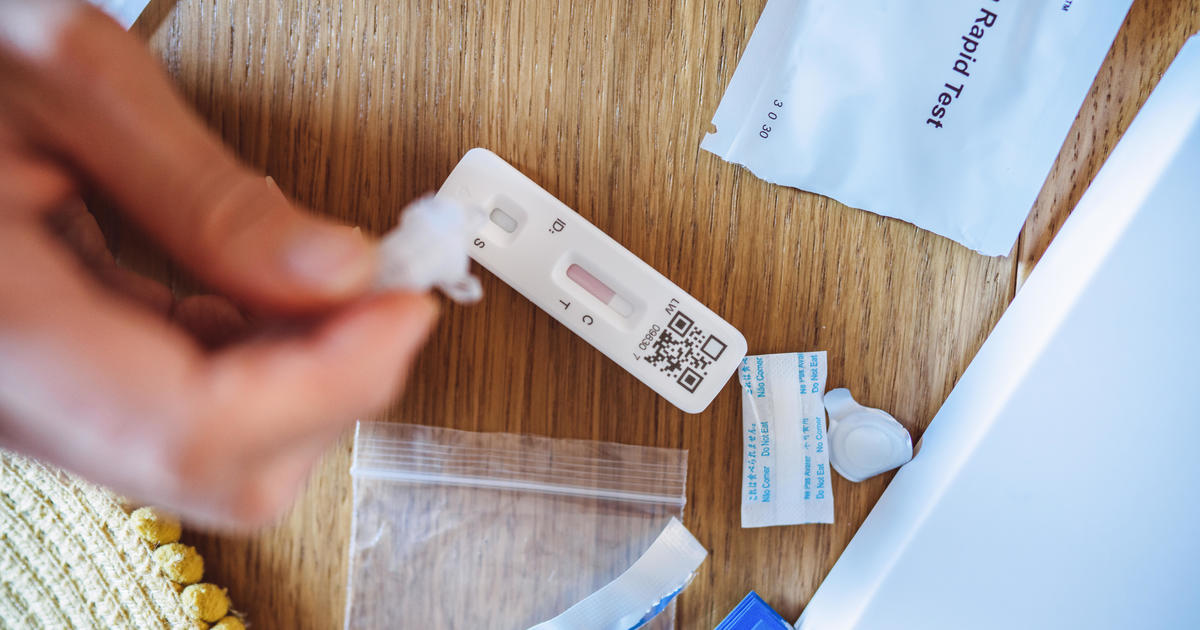
COVID-19 is no longer a Public Health Emergency. What kinds of aid are ending with it?
CBSN
After three years, the Department of Health and Human Services (HHS) this week allowed the federal Public Health Emergency (PHE) for COVID-19 to expire, in effect ending some of the flexibilities under various acts and provisions that were created along with it.
Tests, vaccines and COVID-19-related treatments that were previously made widely available for free or at low-cost to individuals will no longer be guaranteed under federal law. Generally speaking and in most cases, coverage for COVID-19 related treatments will revert to old rules under individuals' insurance plans.
The Federal Emergency Management Agency (FEMA) also announced that its emergency incident period under the Stafford Act, which provided individual and public assistance, ended this week.

 Run 3 Space | Play Space Running Game
Run 3 Space | Play Space Running Game Traffic Jam 3D | Online Racing Game
Traffic Jam 3D | Online Racing Game Duck Hunt | Play Old Classic Game
Duck Hunt | Play Old Classic Game